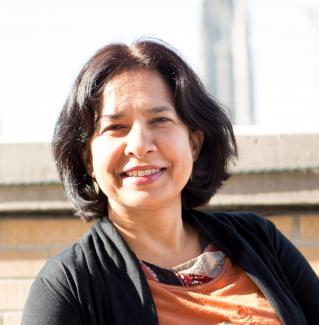Are resettled oustees from the Sardar Sarovar Dam project better off today than their former neighbours who were not ousted?
The objective of this project is to study the well-being of tribal families ousted and resettled by the Sardar Sarovar Narmada authority. Resettlement and rehabilitation of tribal families have been among the most controversial aspects of the project. Sustained vigorous activism by civil society organizations and local communities helped create a resettlement package for the oustees that was unprecedented in Indian history and marked a significant change in Indian federal and state government policies towards resettlement and rehabilitation of tribes.
In the past, tribes who lost their homes or land in the course of dam construction were simply expelled or given grossly inadequate cash compensation. The Narmada Water Disputes Tribunal stipulated that oustees' compensation should be “land for land” and that each ousted family is to receive land of its choice within the command area of the dam equivalent in area to what they were losing or a minimum two hectares, and that each male 18 years or older is to be treated as the head of a separate family.
A significant number of tribal families have been relocated, but there is no systematic research to study the change in well-being and living standards of resettled tribal families, and whether relocation has created social and psychological problems among the ousted families.
Researchers will use a comparison group research design and survey a random sample of 250-400 oustee households (treatment group) in a resettlement area, and another 250-400 households that were originally neighbours of the oustees but were not ousted (comparison group). In consultation with stakeholders, researchers will prepare a questionnaire on economic issues (land ownership, land area/fertility, irrigation, electricity availability, consumption, sources of income, remittances, employment), social issues (education, health, nutrition, fertility), and cultural issues (change in tribal lifestyle and customs, problems in integration with locals in resettlement areas).
Researchers will also consult two types of NGOs, those opposed to the resettlement (led by Medha Patkar of the Narmada Bachao Andolan) and those that supported and helped implement it (such as Anil Patel of ARCH Vahini).



